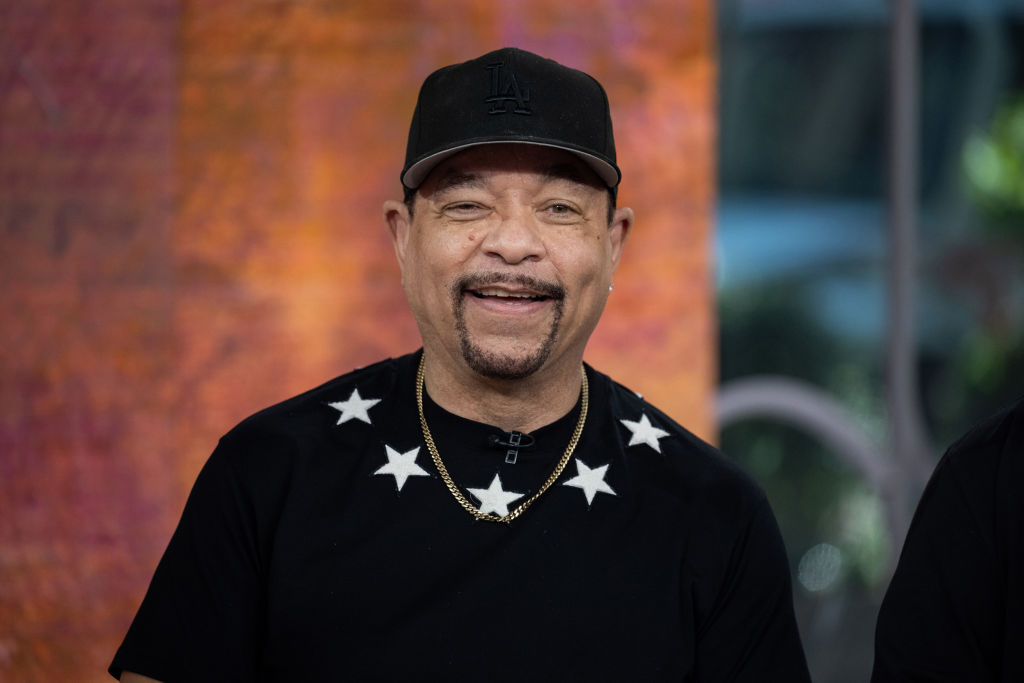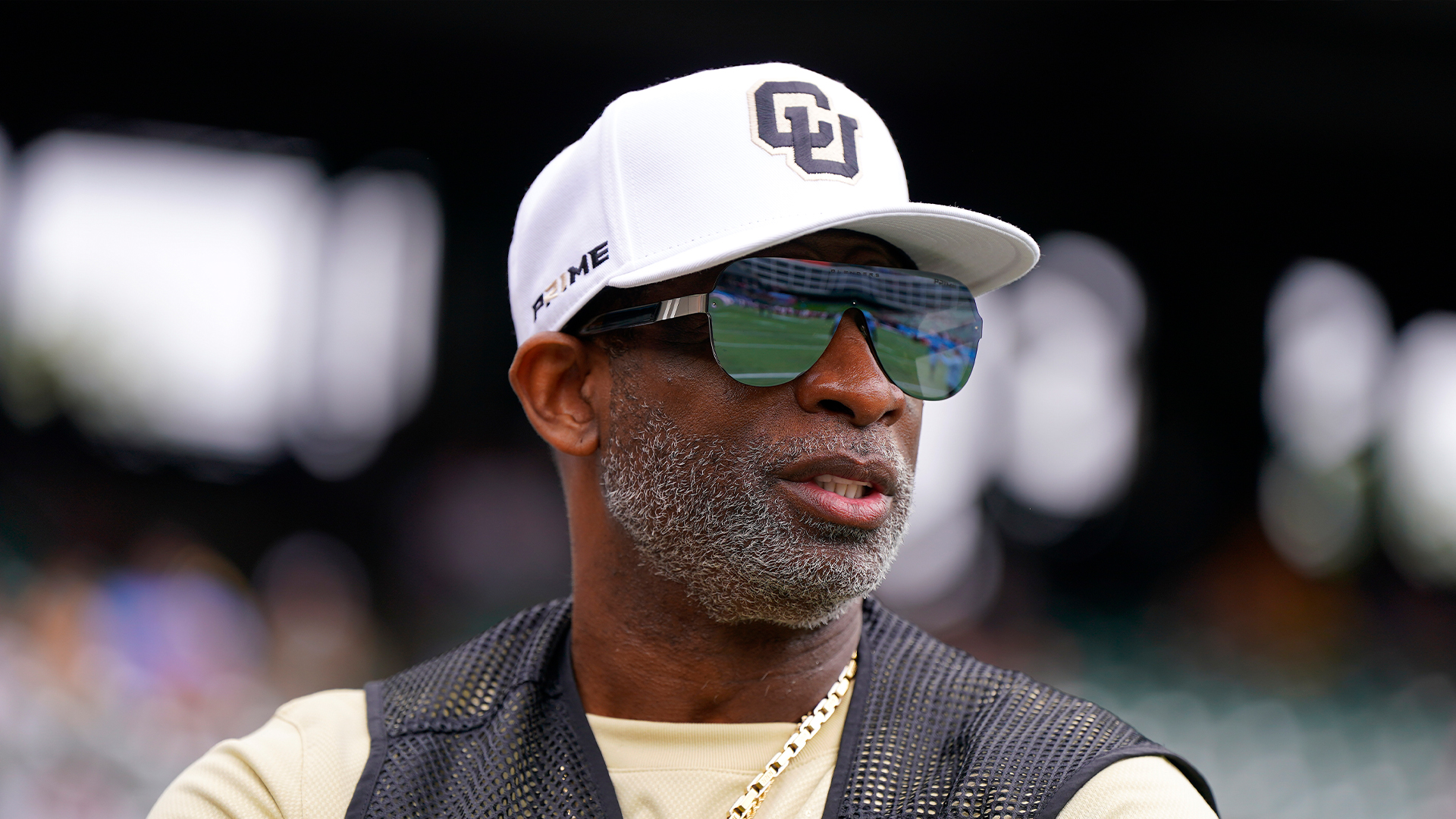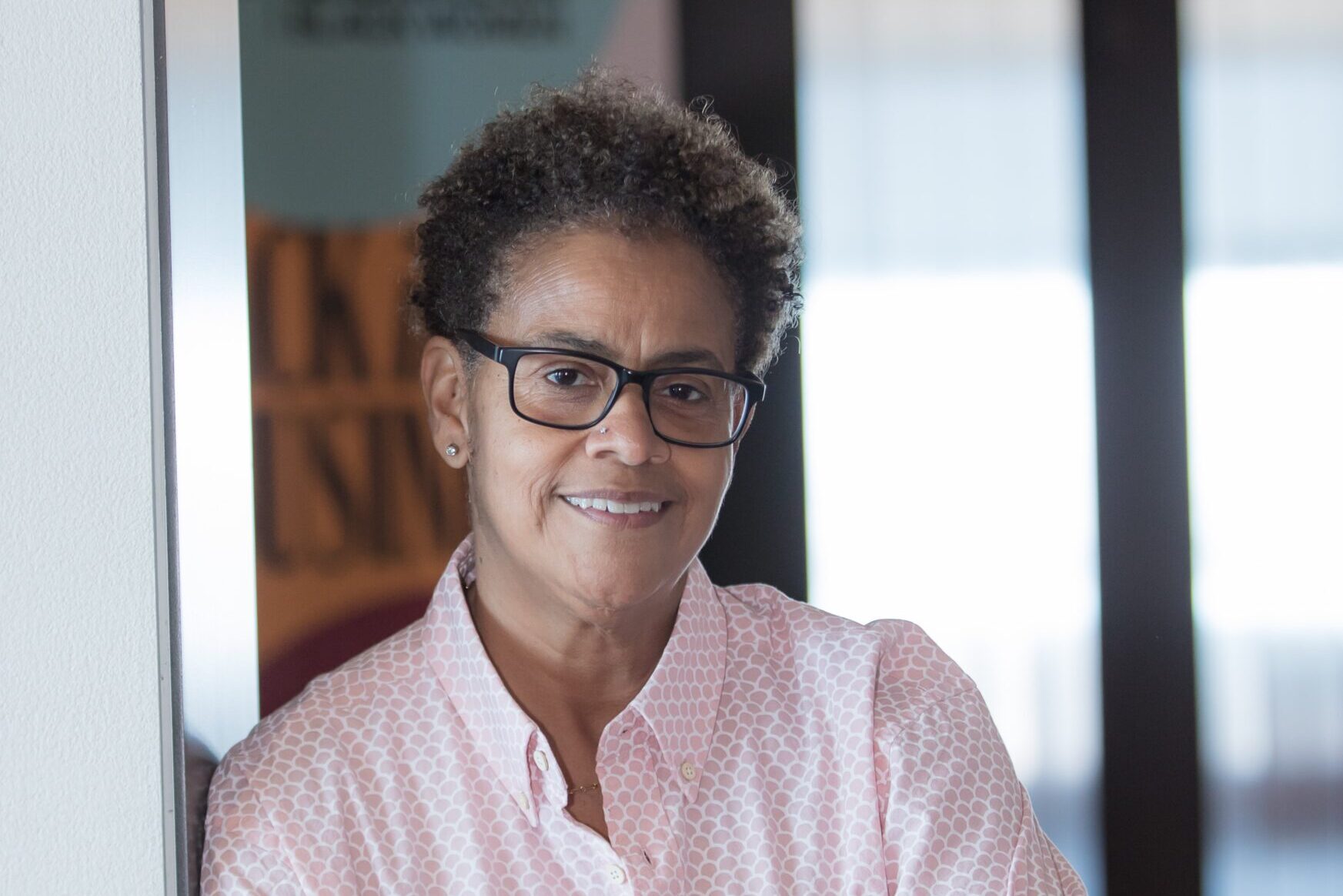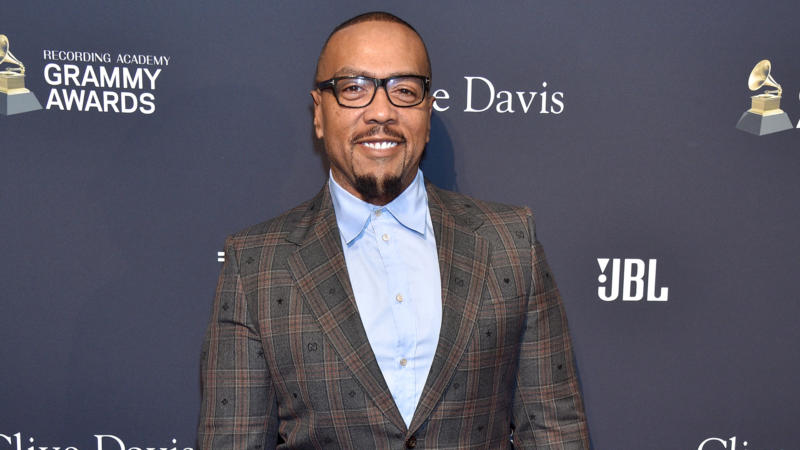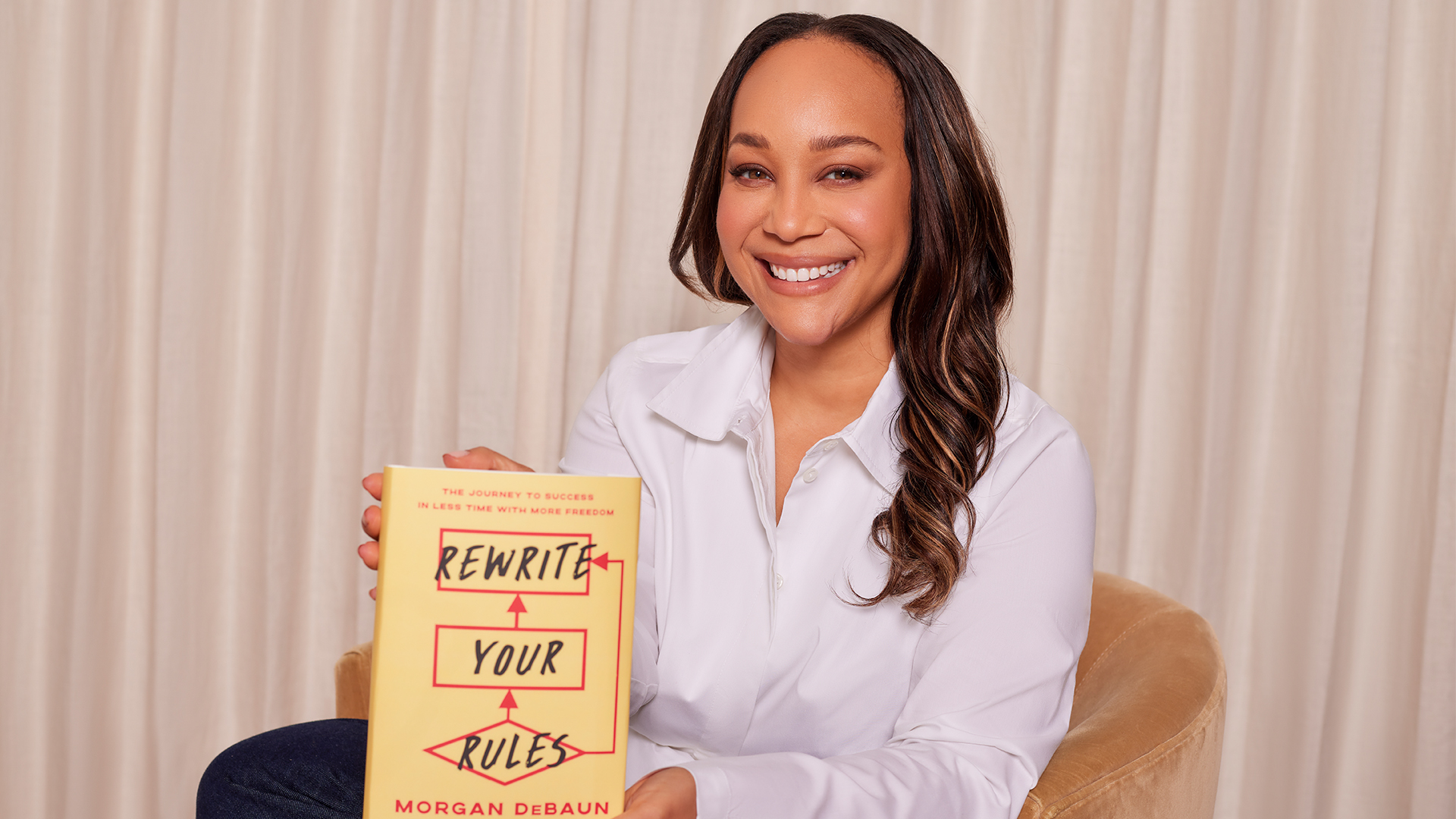The final part of an interview usually entails the interviewer asking the candidate if they have any questions about the job or pertaining to the company. Many people may see this as marking the end of an interview, but the employer/recruiter is most likely using the answer to this question as another factor in determining whether the candidate is right for the job. This is most likely because the interviewer wants to determine the candidate’s interest in the job/company or their attention to detail. On the other hand, asking questions as a job candidate is important in determining whether a future can be seen with an employer.
Asking any random or irrelevant question for the sake of doing so will not be beneficial. Try asking questions that pertain to specific aspects of the company/employer or aspects of it that will affect the desired position. Career strategist John Lees and author of How to Get a Job You Love recommends personalizing these questions for the specific role. “For example, instead of ‘What does a typical day look like?’ you want to ask ‘What would a typical day for me in this role look like?’ That will allow the hiring manager to begin seeing you in the role.”
You can also use this as an opportunity to call back to something that was discussed earlier in the interview and inquire about it. This is the time to ask about an assignment, project, or other task mentioned as a part of the job. Avoid questions related to salary negotiation or benefits in initial interviews as the candidate is not yet at a level where this conversation is appropriate (unless these things are brought up). Additionally, Lee advises not asking questions that may rush the interviewer’s decision-making process.
With all this being said, here are some questions to ask at the end of an interview to make a lasting impression.
About The Role
Asking specifics about the desired role not only demonstrates interest in excelling as an employee but also allows the recruiter to visualize you in the role more easily.
- What would success look like in this role within the first 6-12 months?
- Could you share more about the day-to-day responsibilities of this position?
- How does this role contribute to the overall goals of the team/organization?
- Can you discuss any upcoming projects or initiatives that I would be involved in in this role?
Company Culture And Values
Showcasing that you are concerned with the company’s values in hopes that they align with yours speaks to your character as an employee.
- How would you describe the company culture here?
- What values are most important to this company, and how are they demonstrated?
- How does the company support professional development and growth?
Team Dynamics
Being able to collaborate with your potential team members efficiently and amicably is crucial when nurturing a healthy work environment.
- Can you tell me more about the team I would be working with?
- How does the team collaborate and communicate on projects?
- What opportunities are there for team-building or cross-departmental collaboration?
Performance And Expectations
Asking about performance and expectations demonstrates sensibility, helping to visualize your goals and how you want to accomplish them should you be hired.
- How is employee performance typically evaluated here?
- Are there specific metrics or goals associated with this role?
- What are the biggest challenges I may face in this position?
Company Reputation And Competition
Where you work is a reflection of you, so inquiring about your company’s reputation proves that you want to be proud of the workplace you represent.
- How does the company distinguish itself from its competitors?
- What do you think sets this company apart as a great place to work?
- How does the company handle challenges in the industry or market?
Feedback And Improvement
When inquiring about feedback, you’re showing the employer that you’re devoted to growing and improving within your role, which is an attractive attribute for a potential hire.
- How does the company encourage feedback and suggestions for improvement?
- Is there room for employees to propose new ideas or initiatives?
- How does the company address and learn from setbacks or failures?
Next Steps
Asking about the next steps shows the employer you’re eager to continue interviewing and building a solid case for yourself without pressuring them into an immediate decision.
- What are the next steps in the hiring process?
- Is there anything else I can provide or clarify to support my application?
Tailor these questions to fit the specifics of the role and company. Asking insightful, genuine questions helps the candidate gather valuable information and shows their enthusiasm and preparation for the opportunity.

